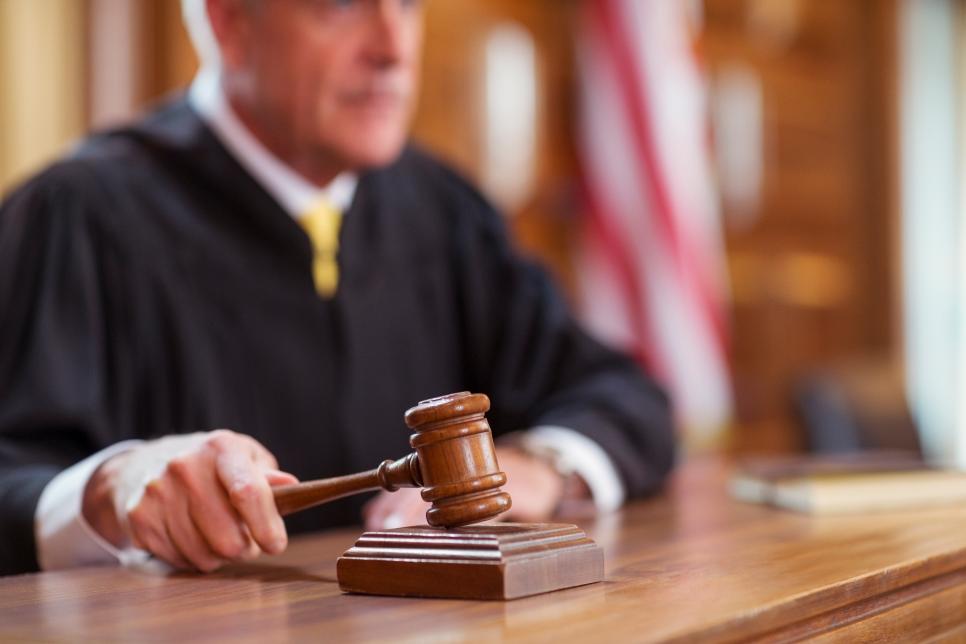The Loop
U.S. Supreme Court rules against an insider trading case that helped Phil Mickelson

Getty Images/Caiaimage
Be careful what you say on the golf course. At least, that's what the U.S. Supreme Court is saying following a Tuesday decision that widened the definition of what constitutes insider trading.
The court ruled in favor of prosecutors against Bassam Salman in the case of Salman v. United States. The case itself had nothing to do with golf, but the decision will have a huge impact on insider trading cases going forward, including those where a stock tip is exchanged on the course.
It also relates to an insider trading case that involves one of the biggest names in the sport. Previously, the law regarding these types of financial crimes was somewhat murky, mainly from a ruling made by a New York-based appeals court in 2014 that made it tougher to convict in cases where nothing tangible was exchanged between those swapping info. And it was that 2014 case, United States v. Newman, that helped Phil Mickelson this past year when he was being investigated for insider trading.
Mickelson used an insider stock tip to make nearly $1 million in 2012, but he was cleared of any wrongdoing by the SEC since he got the tip second-hand from friend Billy Walters and because he didn't pay Walters for the tip and it was difficult to prove he knew about the tip's benefit when he received it. United States v. Newman protected investors separated from the original source of information so the charges fell on Walters, who had directly paid for the tip from Thomas Davis -- one of the directors of Dean Foods Company -- by loaning him $2 million. Walters then made about $40 million off the tip.
The SEC's investigation determined Mickelson was separated enough from the original source (Davis). However, the five-time major champ was named a relief defendant in the case and he had to pay back the money he made off the tip plus interest.
"I'd like to say that I'm disappointed to have been a part of that whole thing, but after a thorough investigation, I'm pleased that it's behind me, that it's over . . . that it's behind me," Mickelson said in June. "I'm appreciative of my family and friends and my companies and their faith in me and their support of me."
Following the Supreme Court's latest decision regarding insider trading, both the tipper and the tipee (and any others the tip gets passed onto) are now much more at risk of being convicted, regardless if there is any direct personal benefit exchanged or how many degrees of separation there are from the original source (The Salman case involved a man passing info to his brother, who then passed it along to Salman, his future brother-in-law).
New York-based U.S. Attorney Preet Bharara, who was dealt a setback by the 2014 United States v. Newman case, was elated by the Supreme Court's decision on Tuesday, which will make it easier to prosecute insider trading.
"The court stood up for common sense and affirmed what we have been arguing from the outset -- that the law absolutely prohibits insiders from advantaging their friends and relatives at the expense of the trading public," Bharara said in a statement. "Today's decision is a victory for fair markets and those who believe that the system should not be rigged."
So to golfers who enjoy discussing business on the course, you've been warned. When it comes to talking stock tips, refrain from spreading secrets to which the public isn't privy.
"The Supreme Court's decision is pretty simple," Peter Henning, a law professor at Wayne State University Law School, told the Australian Financial Review. Just making a gift of info, "can trigger insider-trading liability."
"Golf buddies, roommates and others are back on the hook," Henning added.